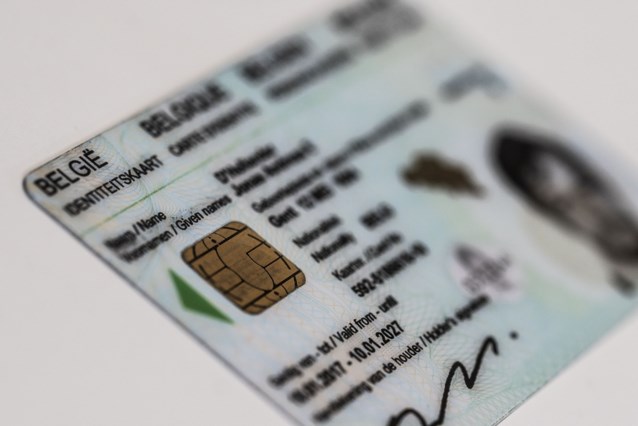The indication of gender will soon disappear from Belgian identity cards as part of the government's solution to stop the exclusion of non-binary people.
The transgender law passed in 2019 did not allow non-binary people – who identify as neither male nor female – to register as such on their ID card, resulting in the Constitutional Court partially annulling the law on the grounds of this being unconstitutional, and the government resolving to find a solution to this.
At first, it considered designating the gender as 'x' on the identity card. However, it has now decided to completely abolish the display of gender on the identity card, according to reports from De Standaard based on the policy papers for 2022 that the government submitted to the House of Representatives.
A draft law on this change has been prepared by Minister of Justice Vincent Van Quickenborne, Home Affairs Minister Annelies Verlinden, and State Secretary for Equal Opportunities Sarah Schlitz.
In the long-term, the government wants to analyse how gender can be officially registered in an inclusive way and has vowed to organise a broad social debate with experts, such as the Institute for the Equality of Women and Men (IGVM), through hearings in parliament.
Gender fluidity laws
The draft law also touches on a second problem identified by the Constitutional Court related to the transgender law, which now allows someone to change sex once, but for every subsequent change, that person has to prove exceptional circumstances through the family court.
This can often be an issue for people who identify as gender fluid. To solve this issue, the government's short-term solution proposed in the draft law is that this principle of irreversibility will disappear.
Related News
- Belgium adopts national plan to combat gender-based violence
- Why the fight for transgender rights is polarising Europe
- Transgender people 29% less likely to be invited for job interviews, research shows
The Home Affairs office is currently still looking into the technical aspects related to these changes, since abandoning the binary gender has consequences for the entire legislative system – specifically the removal of gender, which could complicate border controls. It is also looking into how the rollout of the new cards will be organised.
"As soon as the final technical aspects are sorted out, we want to implement this quickly," Jessika Soors, Schlitz's spokesperson, told De Standaard.
Preferred alternative methods
As the abolishing of gender on identity documents can result in various administrative issues, experts prefer the option of displaying the gender 'x', as was concluded in an IGVM report based on a study by the Equality Law Clinic of ULB.
Germany, one of many European countries (including Denmark, Portugal and Austria) where the formal registration of a non-binary gender is already possible, changed its law in 2018, introducing the possibility of indicating a "diverse" gender using the letter 'X' on civil status certificates if a person can prove they are intersex by a medical certificate.

